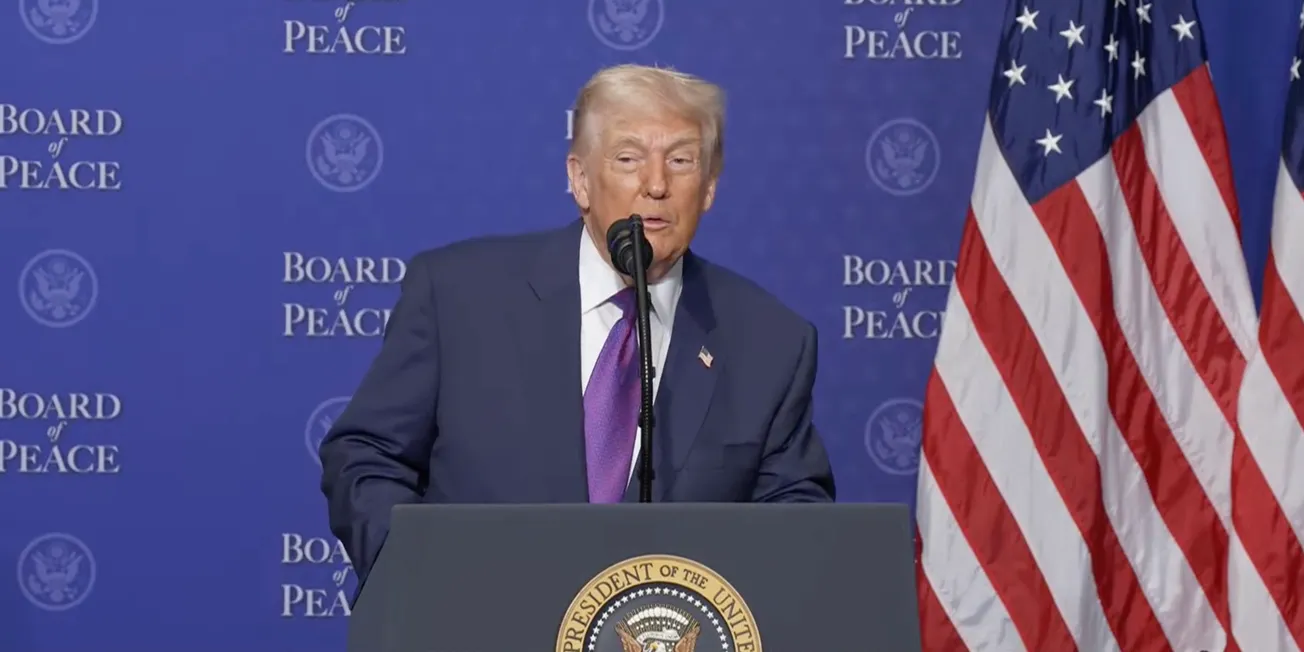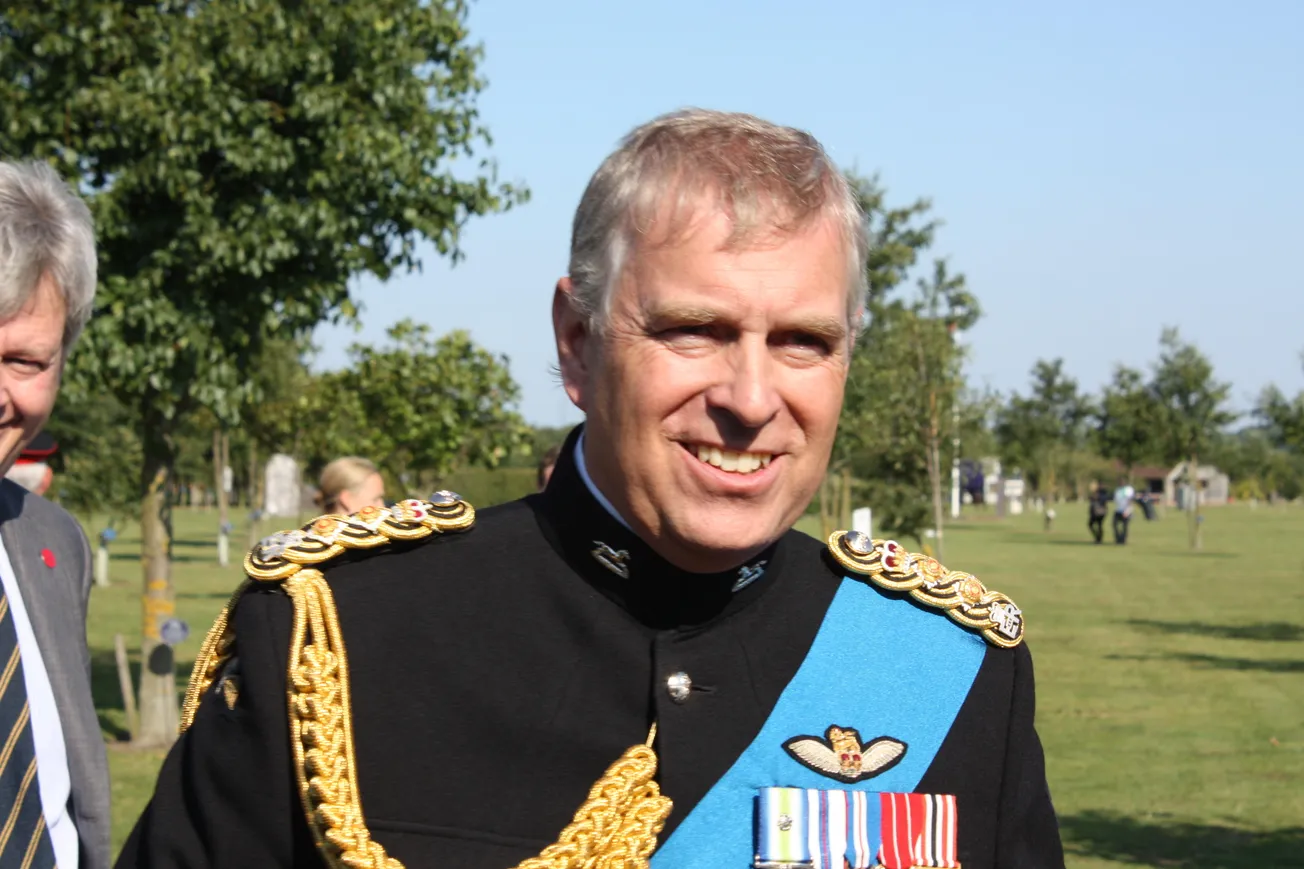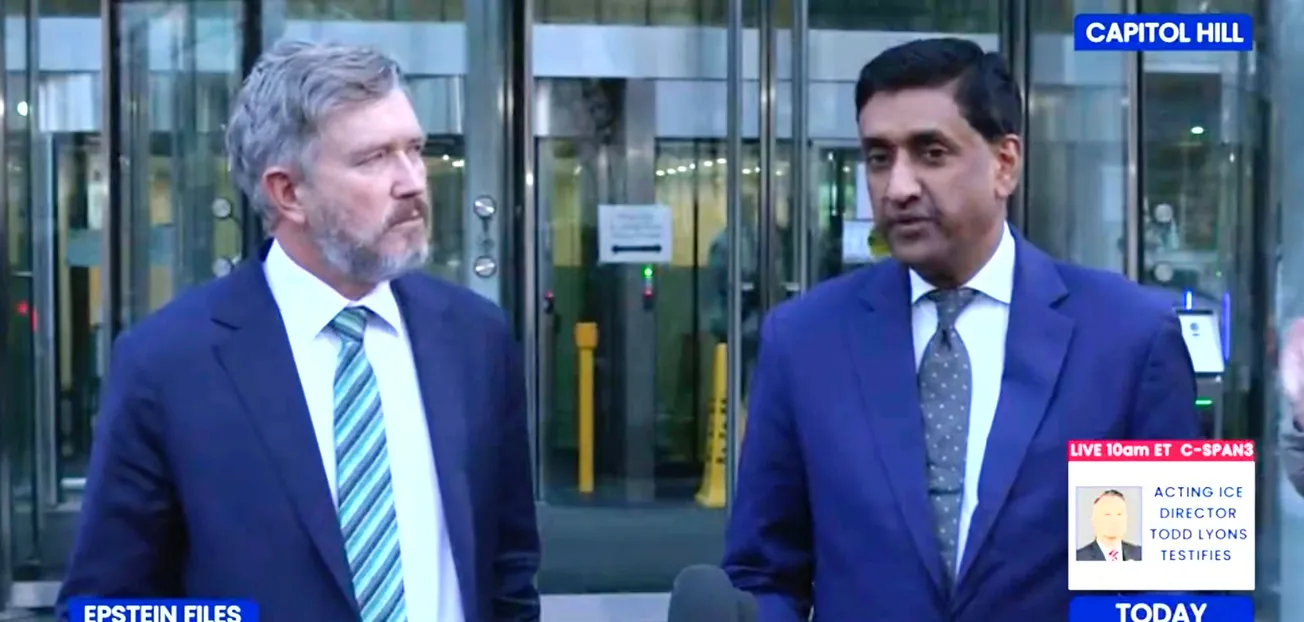Two weeks before Presidents Joe Biden and Vladimir Putin had their Dec. 7 virtual meeting over the strategic crisis over Ukraine and the attempt to emplace missiles on Russia’s borders, 4-5 minutes away from Moscow, 18 documents, exposing the deliberate scheme in 1994-95 to push NATO to Russia’s border, and to mislead and lie to Russia along the way, were made public by the National Security Archives (NSA), housed at George Washington University. The release of the documents was the result of systematic FOIA work on the papers of Strobe Talbott, a longtime friend of President Clinton. In 1993, he became the Ambassador-at-Large for dealing with the breakup of the Soviet Union, and then, in 1994-2001 was the Deputy Secretary of State, specializing in the “new independent states” of the former Soviet Union. On Dec. 26, RT publicized the story, which is a story better known to Putin than to most Americans.
In brief, whatever Clinton’s intentions were in 1993-94, with his offer of a “Partnership for Peace” (PfP) with Russia, including a post-NATO, joint security arrangement, just after the November 1994 Republican sweep in the midterm elections, with Newt Gingrich’s vaunted “Contract on America,” Clinton fell in line with the hardline “confront Russia”—later identified with the New American Century gang. Clinton’s speech in Budapest at the Conference on Security and Cooperation in Europe (CSCE) summit over Dec. 5-6, 1994, saying that NATO was expanding eastward and no country had the right to stand in its way, shocked then-Russian President Boris Yeltsin as a betrayal of promises made, and, as is now revealed, in extensive communications between Clinton and Yeltsin prior to that speech.
NSA’s Nov. 24 release of the 18 documents begins with a June 28, 1994 letter from Yeltsin to Clinton, prior to their meeting at the Group of 7 summit in Naples, Italy. Yeltsin expects that Clinton is bringing Russia into a new Group of 8 “which would co-opt in a natural way” NATO and its related cold war institutions, and be truly effective in working out a new international security arrangement for Russia and all the rest of Europe. (https://nsarchive.gwu.edu/briefing-book/russia-programs/2021-11-24/nato-expansion-budapest-blow-1994)
Next, a July 5, 1994 memorandum of Clinton’s phone call with Yeltsin has Clinton trying to allay any concerns Yeltsin might have over Clinton’s trip to Poland and the Baltics, on his way to the Naples summit. Clinton uses very careful language, couching any expansion of NATO as a subsidiary feature of strategic security arrangements with Russia. Yes, “NATO’s role will eventually expand,” but “I would like us to focus on the Partnership for Peace program so that we can achieve a united Europe where people respect each other’s borders and work together.” It was designed to sound to Yeltsin as the same thing he’d been told the previous year by Talbott, PfP is the strategic reality.
Before a September 1994 summit with Yeltsin in Washington, D.C., Talbott’s memo to then-Secretary of State Warren Christopher, along with then-National Security Adviser Tony Lake, gives detailed talking points for how to handle Yeltsin: Assure him that Russia’s interest will be taken into account, that Russia is “a key participant in the process of building new structures in Europe” and that the U.S. and Russia are “joined” together in this. The U.S. goal is “integration [of Russia]—resisting the temptation to create new divisions, or recreating old ones.” The next day, a Talbott memorandum records Clinton following the script: He never said that Russia could not be considered for NATO membership during its expansion; and that “when we talk about NATO expanding, we are emphasizing inclusion, not exclusion.” He would not spring any surprises on Yeltsin. “NATO expansion is not anti-Russian; it’s not intended to be exclusive of Russia....” As late as November 1994, Yeltsin’s letter to Clinton is about “a mutually beneficial partnership with the U.S. on the basis of equality.” Such a coalition would be “the central factor in world politics"—and he’d work with the U.S. on issues related to Bosnia, Iraq, North Korea and Ukraine.
Then, Clinton made his hardline speech at the CSCE summit in Budapest, on Dec. 5, 1994: NATO is “the bedrock of security in Europe.… No country outside will be allowed to veto expansion.” Yeltsin blew up, saying that the “domineering” U.S. was “trying to split [the] continent again” via NATO expansion. “It is a dangerous delusion to suppose the destinies of continents and the world … can somehow be managed from one single capital.… “If on those grounds ... the intentions are to move the responsibilities of NATO up to Russia’s borders, let me say one thing: It’s too early to bury democracy in Russia.”
Otherwise, the rest of the documents indicate that National Security Adviser Tony Lake had given Clinton a prepared text that, according to Talbott, was “sure to drive the Russians nuts.” Clinton’s Ambassador to Russia Thomas Pickering gave the follow-up plan: Vice President Al Gore should use his pre-planned December trip to now include calming Yeltsin, whereby he would describe “parallel NATO and U.S.-Russia tracks as spaceships docking simultaneously and very carefully.” This would prepare the way for Clinton’s May 1995 meeting with Yeltsin, when Clinton went to Moscow for the 50th anniversary celebrations of victory over Hitler. Yeltsin berated Clinton over NATO expansion plans. “How do you think it looks to us if one bloc continues to exist while the Warsaw Pact has been abolished? It’s a new form of encirclement if the one surviving Cold War bloc expands. Many Russians have a sense of fear. What do you want to achieve with this if Russia is your partner? We need a new structure for Pan-European security, not old ones!”
Clinton’s counter gave away the game. If Yeltsin would give up his public denunciations of the sellout of Russia, the U.S. would provide aid to get Yeltsin—then at 6% in the polls—through his 1996 electoral challenge. Clinton told Yeltsin that he, Clinton, can’t appear before the hardliners in the U.S. “to capitulate"—so, this means that Yeltsin would hear from Clinton “no talk about slowing the [NATO] process down or putting it on hold or anything like that.” That is, don’t push these points about the fate of nations. We can’t change these things, so getting re-elected is the real issue here.
Hopefully, some of the characters involved at that time will now be provoked by the release of these documents to make some amends to the human race, to help Biden learn from their mistakes—before it is too late.








